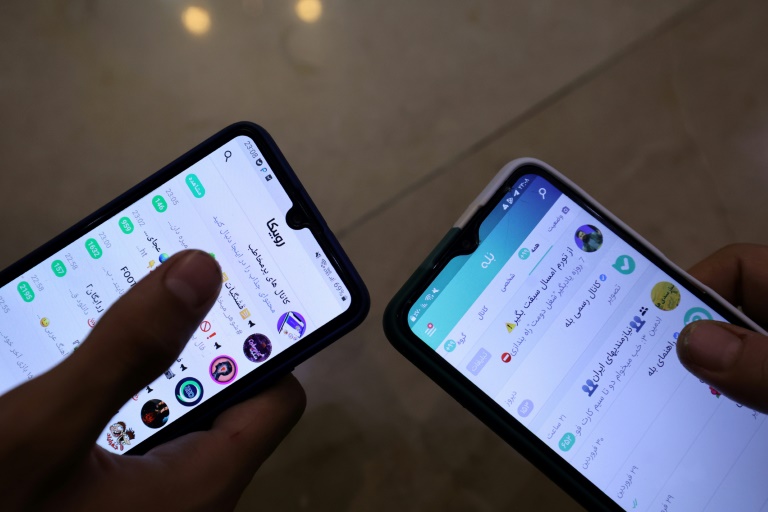Don’t get snooped on: The risky apps to delete now

Iranians are forced to use homegrown apps as the authorities tighten internet restrictions for security reasons – Copyright AFP ATTA KENARE
Once you go online or start using apps, having complete privacy is very challenging and in some cases, impossible. Considerable privacy incursions arise with the use of apps. While many seek to make life better, they often pose risks.
This means care needs to be taken when deciding which apps to use and the type of data to share. Ethan Bennet from the UK-based firm Sonin has given Digital Journal some advice regarding what readers need to watch out for when installing another app on their smartphones.
Apps With Malicious Intentions
Bennet explains: “It seems there’s an app for everything, but some apps that look innocent actually have malicious intent. These app creators want to compromise your privacy and security by gaining access to your personal data, like your email passwords and banking information. There is an infinite list of apps unapologetically collecting your data–whether you know it or not.”
Bennet introduces some common apps we should take note of:
Social Media Apps
Facebook collects 70 percent of our personal data, in the name of targeted advertising. Plus, apps like Instagram, WhatsApp, and Facebook Messenger are owned by Facebook, often giving Meta access to our contact lists, chat history, location, and more.
Dating Apps
Dating apps capture a lot of personal information (which is needed for the services offered). If there were to be another significant data breach involving a dating app, Bennet explains, like the MeetMindful breach in 2020 that exposed the data of 2.28 million users on a hacker forum, your information could get leaked to scammers, resulting in phishing or even identity theft.
Weather Apps
Bennet says these apps might be a little unexpected “but some weather apps are actually laced with malware or trojans, which could tamper with the functionality of your phone. As if that wasn’t bad enough, some also have aggressive advertising that forces the user to watch an entire ad (or two) before being able to use the app.”
The Signs And Symptoms Of A Malware Infection
If you think your smartphone may have been infected with a malicious app already, Bennet provides some signs it might exhibit:
- Slow performance
- Random reboots
- Links from strange recipients via text
- Overheating phone
- Uncharacteristically high data usage
- Fast-draining battery
- Taking more time than unusual to shut down
- Weird beeping and flashing noises during phone calls
Bennet notes: “The good news is that even if your smartphone does have malware present, all you need to do is delete the suspicious app, use an antivirus program, and/or perform a factory reset.”
Don’t get snooped on: The risky apps to delete now
#Dont #snooped #risky #apps #delete





